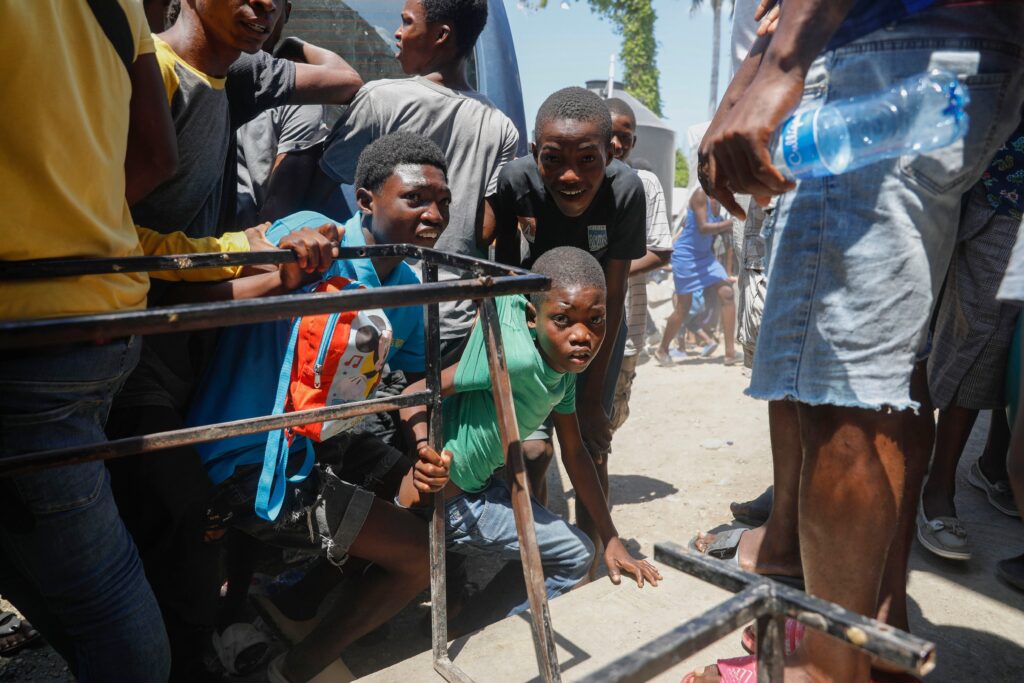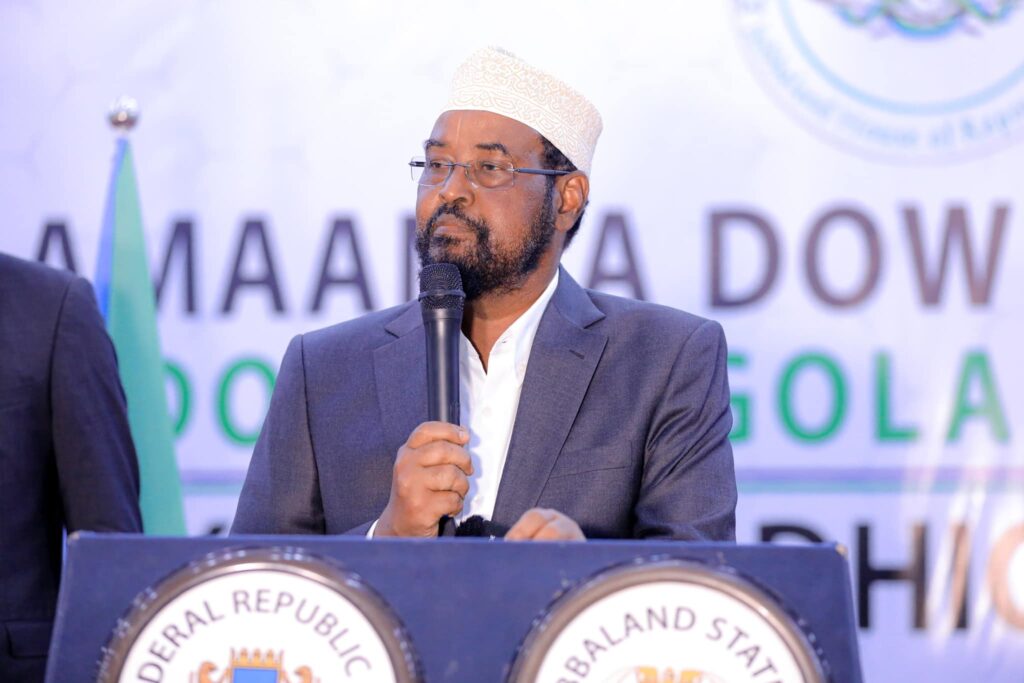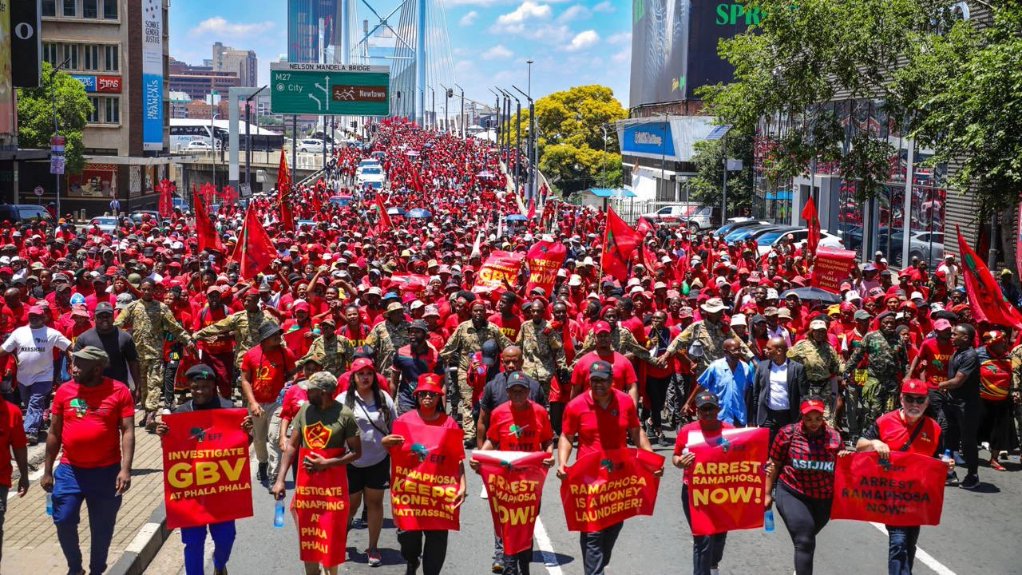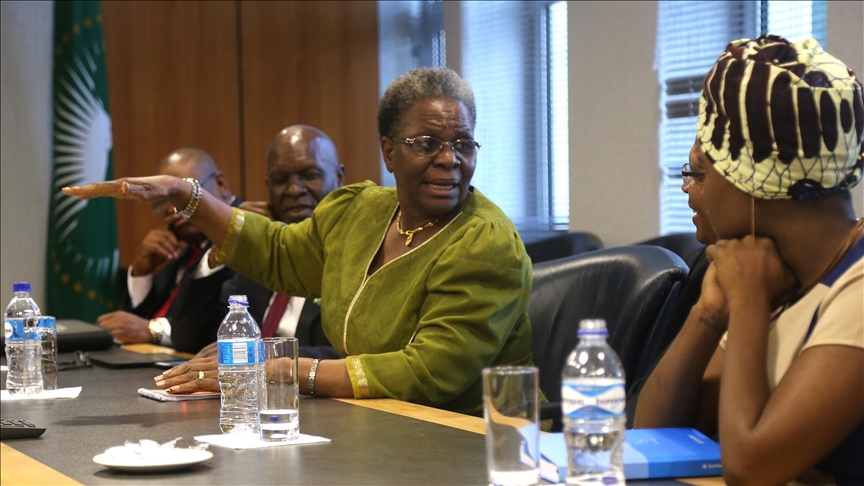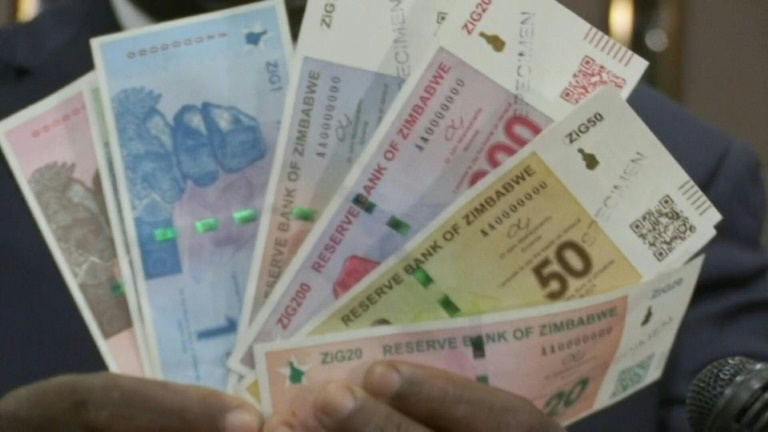Tanzania holds local elections amid allegations of irregularities and repressi...
Tanzanians have been voting in local government elections, seen as a key test for the country’s democratic institutions ahead of the 2025 presidential election. Around 31 million eligible voters are choosing from over 80,000 candidates for village and street leadership positions, which hold significant influence across the country. President Samia Suluhu Hassan’s ruling Chama Cha Mapinduzi (CCM), a dominant force for decades, is facing growing opposition, particularly from parties that boycotted the 2019 elections. While Hassan promised a free and fair vote, there have been allegations of irregularities and repression leading up to the polls. The main opposition party, Chadema, accused the authorities of electoral fraud, citing the disqualification of thousands of its candidates and alleged ballot box stuffing. Chadema also reported that three of its members were killed on the eve of the election, and party leader Freeman Mbowe was briefly arrested during a rally over the weekend. Hassan, who assumed office in 2021 after the sudden death of her authoritarian predecessor, John Magufuli, was initially praised for easing restrictions on the opposition and media. However, rights groups and Western governments have since criticized what they view as a resurgence of repression ahead of these elections.
Tanzania holds local elections amid allegations of irregularities and repressi... Read More »


